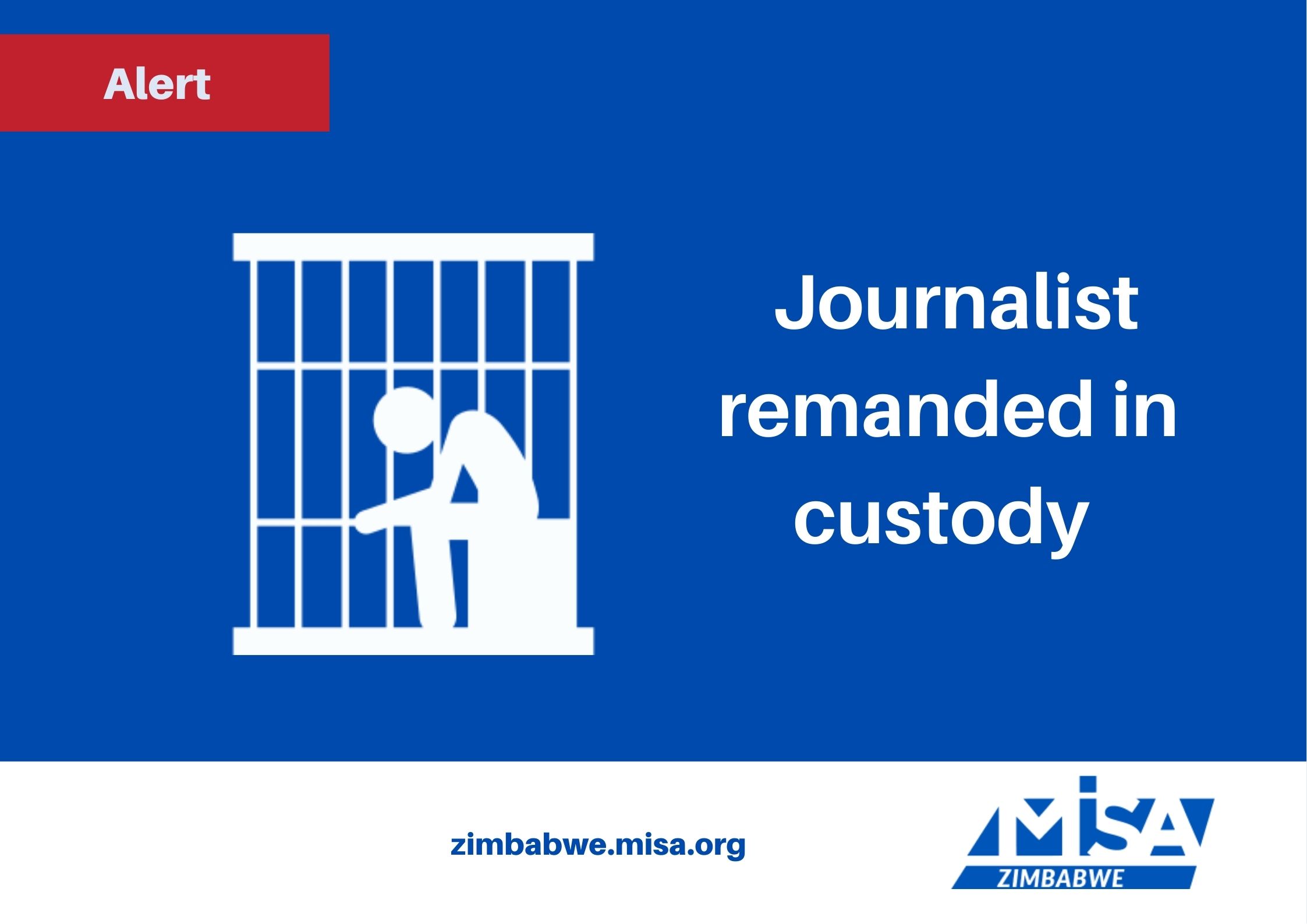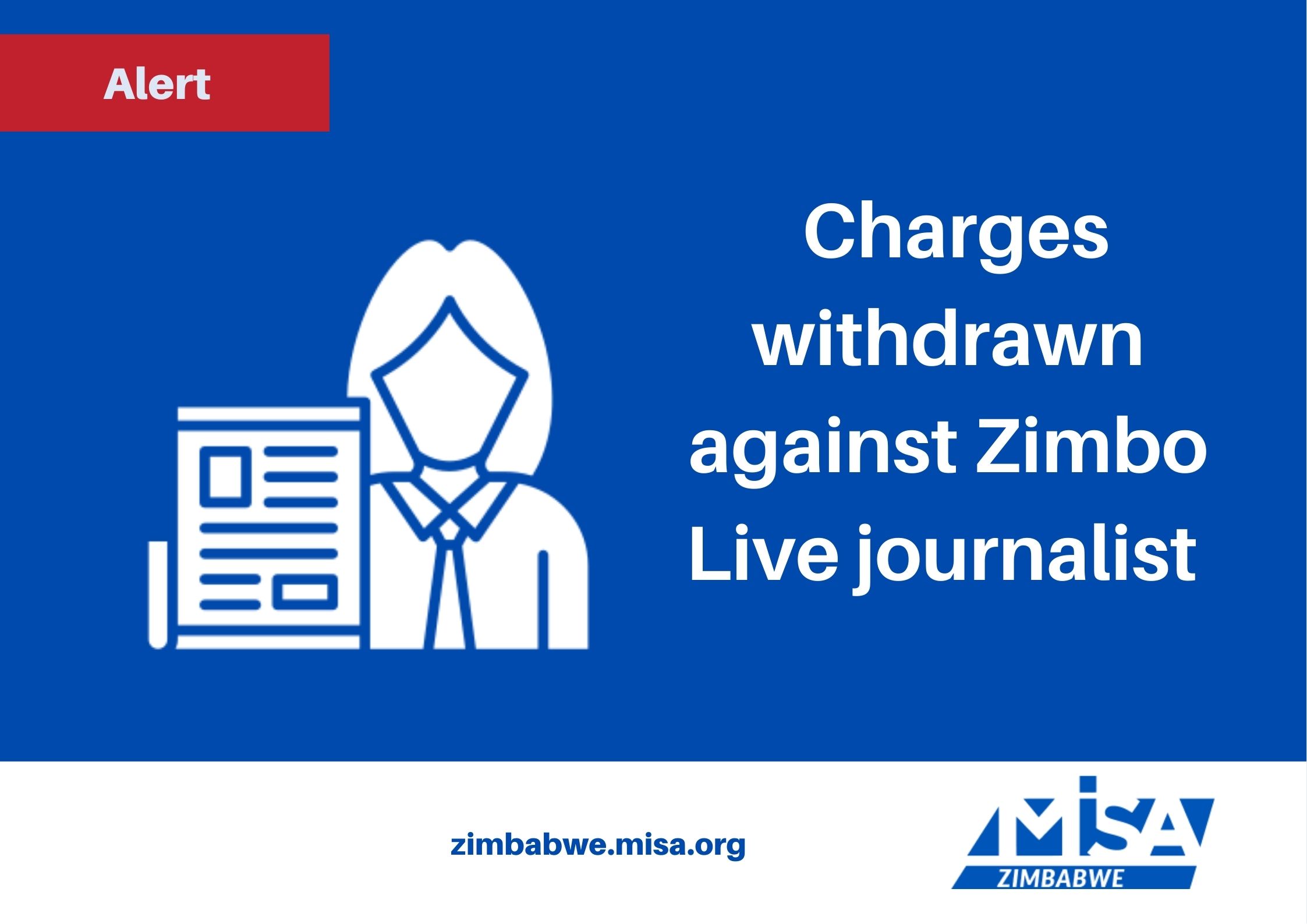May 15, 2025
Presentation by MISA Regional Director and MISA Zimbabwe National Director, Dr. Tabani Moyo, at the belated World Press Freedom Day commemorations at the UNESCO Regional Office for Southern Africa in Harare.
The Ministry of Information, Publicity and Broadcasting Services representatives
The Zimbabwe Media Commission
Statutory Regulatory Bodies
UNESCO Regional Director Ms Nisha
Media Stakeholders
Ladies and Gentlemen
Happy belated World Press Freedom Day!
The impact of AI on humanity and its pervasive nature is no longer a subject of debate but a given reality. Its implications for journalism in both global and local contexts vary depending on what you are looking for.
Suffice to focus on the AI’s dual impact on society at large. While AI can enhance journalistic operational functions, opaque algorithms risk entrenching bias, limiting fair trials, and restricting journalists’ ability to report on societal issues.
The major challenge that Zimbabwe faces today is lethargy in taking bold steps towards the realisation of AI, which poses difficulties for every industry – a reality confronted by many other African countries.
The AU AI Strategy and UN Global Digital Compact provide a framework upon which regional and economic bodies can better develop their systems.
As MISA, we reiterate our position that Zimbabwe needs three documents to govern the development and deployment of AI: the AI Strategy, which encapsulates the vision and mission of the same; legal and policy frameworks; and the implementation matrix.
For this to succeed, Zimbabwe and Africa as a whole need to act swiftly in developing digital transformation strategies and plans that prioritise Small to Medium Enterprises (SMEs) to create local solutions for curating and migrating offline indigenous knowledge systems to online platforms.
This will significantly break the chain of coloniality perpetuated through extractive technologies from the Global North, which erode the Global South’s opportunities to leapfrog into the future.
This will enable us to actively participate in shaping the development and deployment of AI, with our contextual realities at the centre of its stature.
On May 2, 2025, I addressed the UN Special Rapporteur on the Independence of Judges and Lawyers, Professor Margaret Satterthwaite, contributing to the UN report titled: Promises and Pitfalls of Artificial Intelligence for Justice Systems, at a virtual consultation meeting organised by the Africa Judges and Jurists Forum (AJJF).
I submitted that the judicial service can easily become technology-centric and gravitate towards being a black box, ducking accountability from society by limiting media scrutiny through checks and balances.
The use of AI in journalism offers numerous benefits, but it also comes with significant challenges.
Here are some of the key challenges associated with the integration of AI in journalism:
Bias and Fairness
Algorithmic bias occurs when AI systems unintentionally reinforce biases that exist within their training data. This may result in distorted narratives or misrepresentation of marginalised groups, thereby impacting the fairness and accuracy of news coverage.
The lack of diversity in training datasets may lead to AI generating content that perpetuates existing stereotypes, thereby undermining the credibility of news organisations.
Quality and accuracy
The risks of misinformation arise from automated content generation, which can result in inaccuracies if not adequately supervised. Inadequately designed algorithms may misinterpret context, resulting in the spread of inaccurate or deceptive information.
AI systems significantly depend on high-quality and diverse datasets to produce effective outputs. Inaccurate or limited datasets can lead to erroneous conclusions or inferior journalism.
Ethical Considerations
The opaque nature of numerous AI algorithms complicates the understanding of decision-making processes for journalists and audiences, potentially resulting in challenges related to accountability and transparency.
Verification and Trust Challenges in Fact-Checking
Although AI can assist in fact-checking, it is not without limitations. Journalists must verify AI-generated content, which increases their workload and necessitates stringent verification procedures. The awareness of AI-generated content among audiences may lead to scepticism regarding the authenticity and reliability of news, potentially diminishing trust in media institutions.
Technical Constraints
AI often struggles to grasp nuanced understanding and context, particularly in complex social, political, or cultural narratives that require human judgment for effective analysis.
AI systems often necessitate access to sensitive user data for optimal performance, which raises significant privacy concerns. The ethical considerations regarding data collection, storage, and usage are essential for preserving public trust.
Financial and Resource Limitations
Significant Implementation Costs: The development and integration of AI technologies can incur substantial expenses, especially for smaller news organisations with constrained financial resources.
The integration of AI into journalism necessitates sufficient technological infrastructure and training for journalists, a requirement that can be difficult to achieve, particularly in developing regions.
Regulatory and Legal Considerations
The application of AI in journalism raises issues concerning the ownership of AI-generated content, which may result in legal complexities related to copyright and intellectual property rights.
Public Dissonance and Ethical Dilemmas
Public scepticism regarding the role of AI in journalism may hinder its acceptance. Audience preference for human journalists may limit the effectiveness and integration of AI within mainstream journalistic practices.
Moral Decision-Making
Artificial Intelligence lacks the ethical reasoning and emotional intelligence inherent in human journalists, which raises concerns about its suitability for tasks that require human judgment, such as investigative reporting or handling sensitive subjects.
Recommendations for the media and journalists
In 2023, I was one of the 32 members of the Global Committee that was tasked with creating a charter on AI and the Media. The committee was chaired by the 2021 Nobel Peace Prize Laureate Maria Ressa.
We concluded our work on November 10, 2023, through the launch of the charter with 10 key principles, which I am accordingly recommending as listed below:
- Journalism ethics must guide the way media outlets and journalists use technology.
- Media outlets prioritise human agency.
- AI systems used in journalism undergo prior, independent evaluation.
- Media outlets and journalists must always be accountable for the content they publish.
- Media outlets maintain transparency in their use of AI systems.
- Media outlets ensure content origin and traceability.
- Journalism draws a clear line between authentic and synthetic content.
- AI-driven content personalisation and recommendations should uphold the diversity and integrity of information,.
- Journalists, media outlets and journalism support groups engage in governance of AI and,
- Journalism upholds its ethical and economic foundations in engagement with AI organisations.
Thank You













